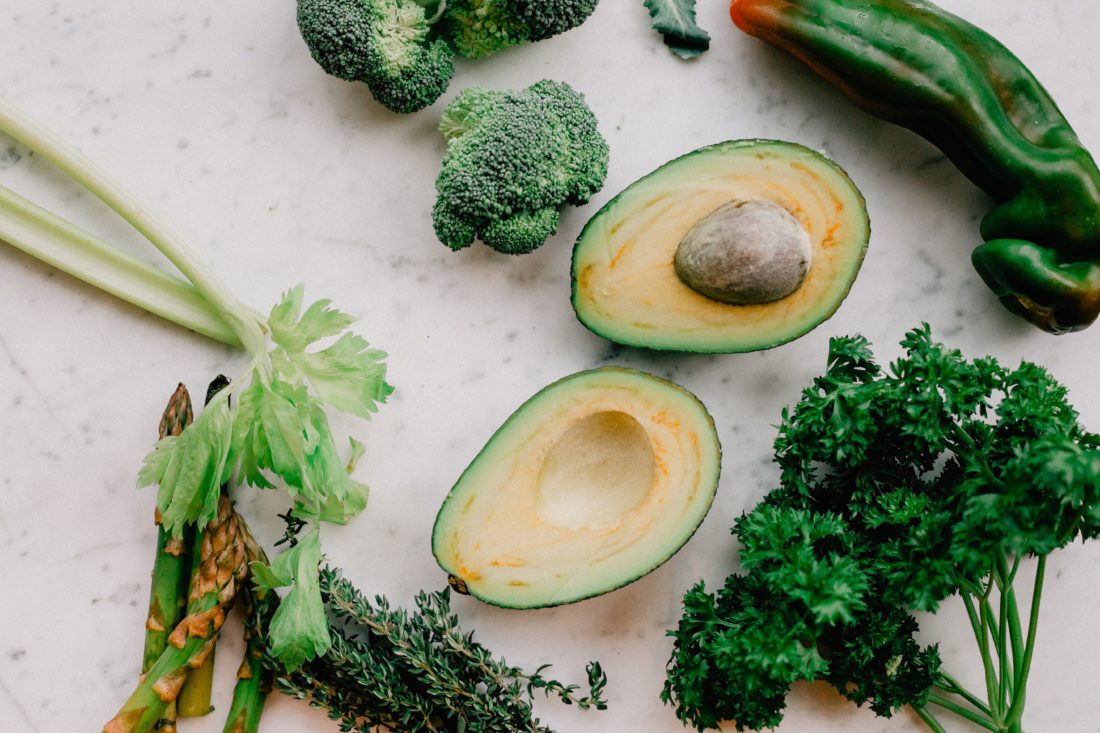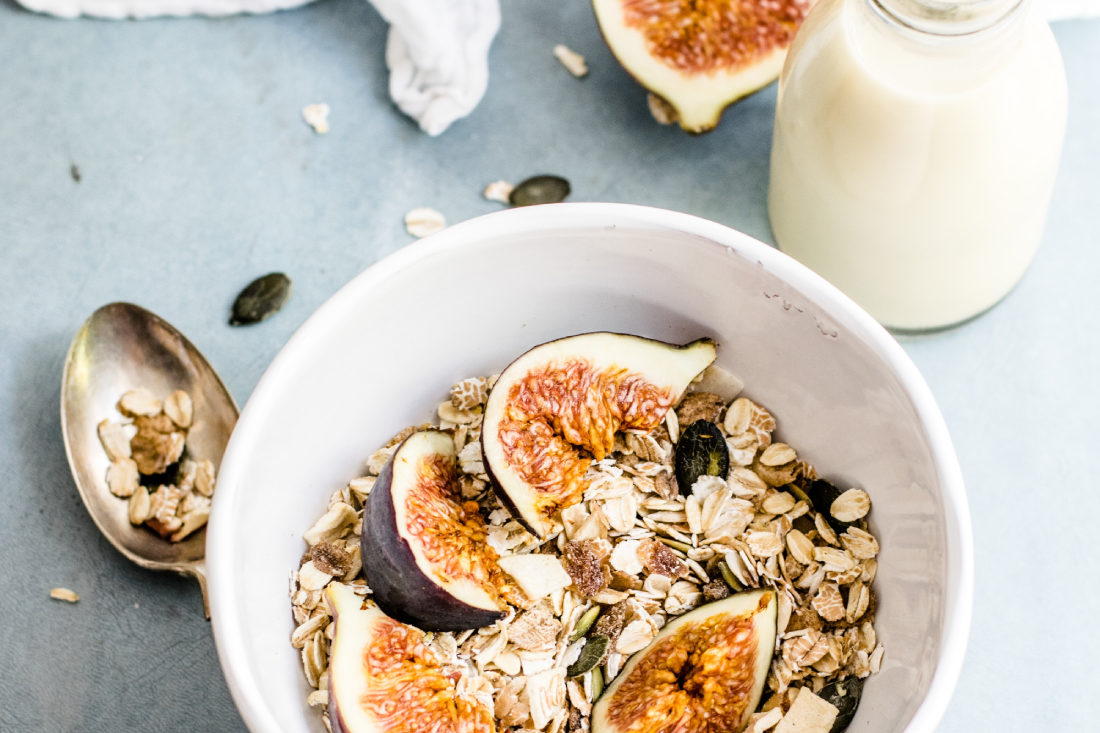Eating healthy is part of the modern day catechism of things you are simply supposed to do in order to maintain a good life. In ancient times, philosophers answered the question of how to live “the good life” by exploring virtue ethics, certain values and practices that aimed to promote moral rectitude. Nowadays, living the good life is generally associated with maximizing utility and prolonging one’s time on earth. To this end, there are certain dictates that are taken as a given, such as refraining from smoking and getting frequent exercise. Eating healthy is a third pillar of this modern outlook.
Besides the tautological proposition that we are supposed to eat healthy simply because “we are supposed to,” what are the actual benefits of keeping a healthy diet? Why is it truly important? There are several reasons, some of which appeal mostly to our vanity (preventing weight gain, combating the natural effects of aging) and some of which involve finding well-being (warding off disease, improving mental health). The truth is, eating healthy leads to a wide range of positive outcomes and is a key ingredient in achieving peak physical and mental condition.
Now that we’ve established its importance, we need to figure out what sort of food a balanced diet actually contains. Health experts change their opinions on what is good for us seemingly seasonally, with the food pyramid that we all learned in grade school having been thrown by the wayside years ago. Some of the things that had been previously associated with a healthy diet, like milk and orange juice, are now considered detrimental to one’s health. It is so hard to keep track. To help, NAIPO has put together eight simple tips for healthy eating:

Eat a variety of fruits and vegetables
This one hasn’t changed. Fruits and vegetables remain as important to a healthy lifestyle as ever, and they are essential for reducing the risk of heart disease, high blood pressure, diabetes and even cancer.

Choose from a variety of low-fat sources of protein
When consuming your daily protein intake, you have to be extra careful that your sources of protein are not accompanied by excess amounts of fat and calories. Go for fish or chicken to get the protein you need to build and maintain muscle tissue.

Choose whole-grain bread and cereals
It should come as no surprise that whole grains are good for you; after all, humans have been eating them for thousands of years. Whole grains are high in fiber, vitamins and minerals, and they lower your risk of suffering from heart disease and strokes.

Cut down on saturated fat and sugar
Diets high in saturated fat are associated with high cholesterol. Keep a close eye on how much of it you are consuming, primarily from fatty meats, butter, cheese and cream. On a related note, diets high in sugar encourage the storage of fat. Limit both to cut your chances of obesity and type 2 diabetes.
Eat less salt or sodium
Eating less sodium does not just mean being less liberal with the salt shaker at the dinner table. On the contrary, sodium is found in nearly every type of processed food sold at the grocery store, often in dangerously high amounts. Pay extra attention to nutrition labels when shopping. Furthermore, resolve to cook more at home.

Eat breakfast every day
Is breakfast the most important meal of the day? This point has been debated, but NAIPO comes down strongly on the yes side of the argument. Research has repeatedly shown that people are more productive at work after having a big breakfast, and they typically burn more calories throughout the day as well. Just make sure you stick to healthy items like fruits, veggies and whole-grain cereals.

Slow down when eating
One of the primary reasons we eat too much is that we eat so quickly our brains have no time to learn that we are full. It takes a full 20 minutes for our stomachs to convey this information to our brains, and if we ate at a more leisurely pace, we would know that we no longer have to keep eating to feel sated. To accomplish this, take smaller bites of your food and put your fork down on the table after each mouthful.

Combine eating with other healthy habits
The human body is a complex system, and many habits and activities are necessary in order to find well-being. In addition to following the seven steps listed above, stick to a healthy daily routine. Exercise often, get good sleep, drink a lot of water and give yourself frequent massages. If you follow these habits, you will find that eating healthy will grow easier and easier as it becomes just one piece of the puzzle of how to live a good modern life.









